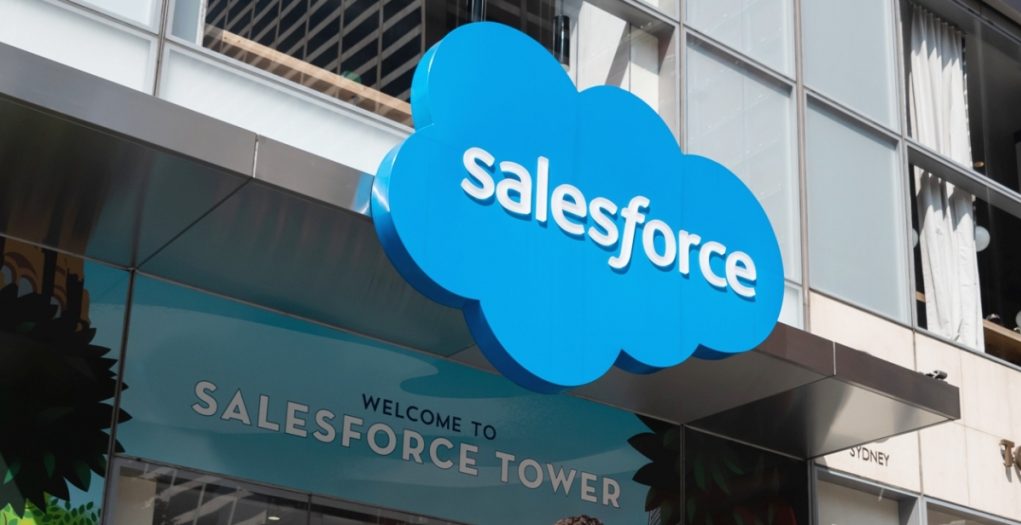Exciting news from CRM giant Salesforce! At their ongoing Connections conference, the company announced two new generative AI products: Marketing GPT and Commerce GPT. These products will power Salesforce’s Marketing Cloud and Commerce Cloud, allowing enterprises to streamline their workflows and deliver personalized campaigns and shopping experiences at scale.
With the launch of Slack GPT and Tableau GPT last month, Salesforce is clearly making generative AI a priority and ensuring it’s at the core of their products and services. However, it’s important to note that these new features won’t be available right away and will roll out in phases, starting in summer 2023.
How will Marketing GPT and Commerce GPT help?
Marketing GPT, powered by the Salesforce Data Cloud and Einstein GPT generative AI assistant, allows enterprise users to interface with their Marketing Cloud system using natural language. This means users can put in natural language prompts to query the Data Cloud profiles and identify new audience segments to target. They can also ask Einstein GPT to write or modify personalized emails for campaigns, or use Typeface within the platform to create contextual visual assets.
But that’s not all. The marketing cloud will also get AI-driven segment intelligence and rapid identity resolution capabilities. The former will automatically connect first-party data, revenue data, and paid media data from Meta and Google for a comprehensive view of a campaign’s performance relative to the audience segment targeted. The latter will automatically resolve customer identities across different devices/experiences using AI and bring the information together for more personalized experiences.

Commerce GPT, on the other hand, focuses on creating personalized shopping experiences. Using Data Cloud and Einstein GPT, users can quickly create dynamic product descriptions for digital storefronts and have those descriptions translated into different languages for different target audiences. The experience will also include Commerce Concierge, a bot-based solution that enterprises can integrate into their communication channels to drive product discovery through one-on-one natural language interactions, as well as a
Today, Salesforce announced that it has strengthened its commitment to generative artificial intelligence (AI) with the launch of two new AI-powered products: Marketing GPT and Commerce GPT. Both products leverage natural language processing (NLP) to smartly automate content generation, helping brands to deliver rich and personalized customer experiences.
The new applications are designed for marketing and e-commerce departments. Marketing GPT leverages Salesforce’s AI platform Einstein to generate engaging content for customers. It can be used to automatically create marketing copy, product descriptions, emails, web pages, and more—all with no coding required. On the other hand, Commerce GPT can be used to quickly create and personalize product pages, catalogs, emails and more, transforming how customers interact with products and services.
AI-powered generative technology allows customers to craft personalized offerings that are tailored to their unique needs. For instance, marketers can now quickly create more engaging copy, while e-commerce teams can use Commerce GPT to instantly generate product pages and catalogs that are tailored to the individual customer. This makes it easy for customers to find what they are looking for and interact with offers in a more meaningful way.
Salesforce’s new investment in generative AI is part of its growing commitment to AI-driven customer experience. By automating and personalizing digital content, Salesforce aims to unlock data-driven experiences for its customers and make the shopping process simpler and more efficient. This new technology will give customers more power to personalize and optimize their experiences across the web and mobile.
Overall, Salesforce’s roll out of Marketing GPT and Commerce GPT will give customers the opportunity to create and automate personalized experiences faster and more efficiently. This important development in AI technology will empower customers with powerful tools to create fully tailored and personal customer experiences.




















